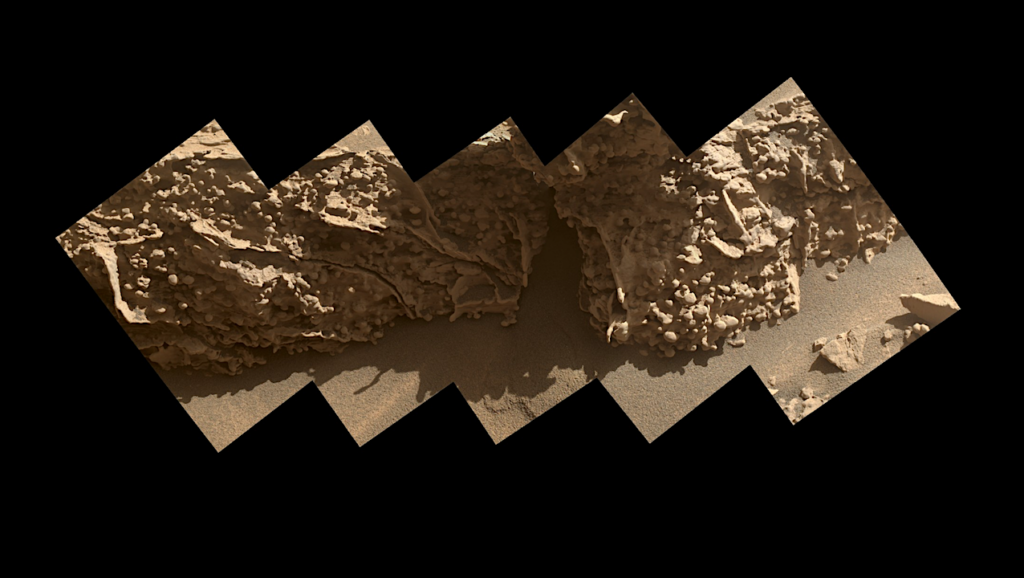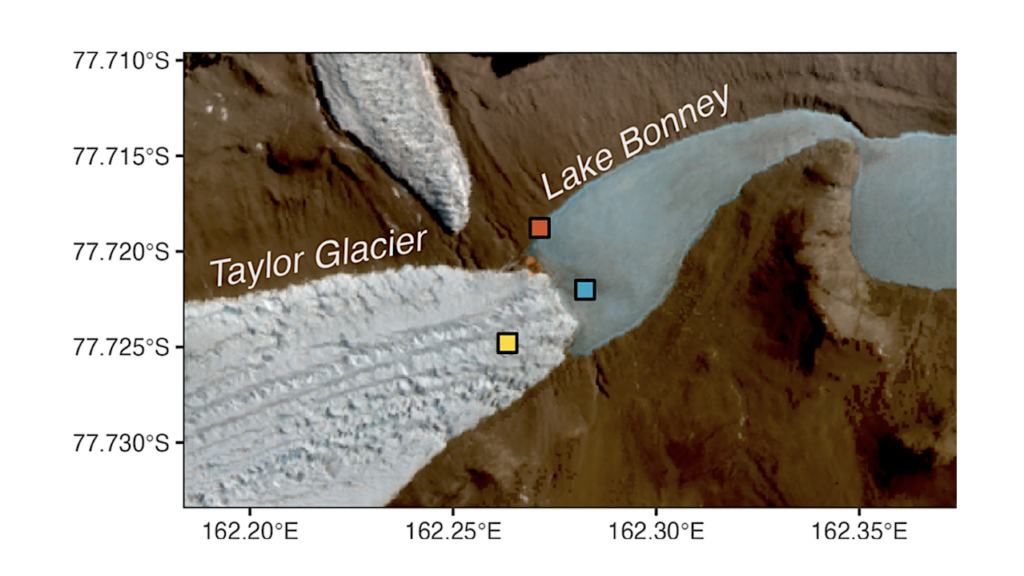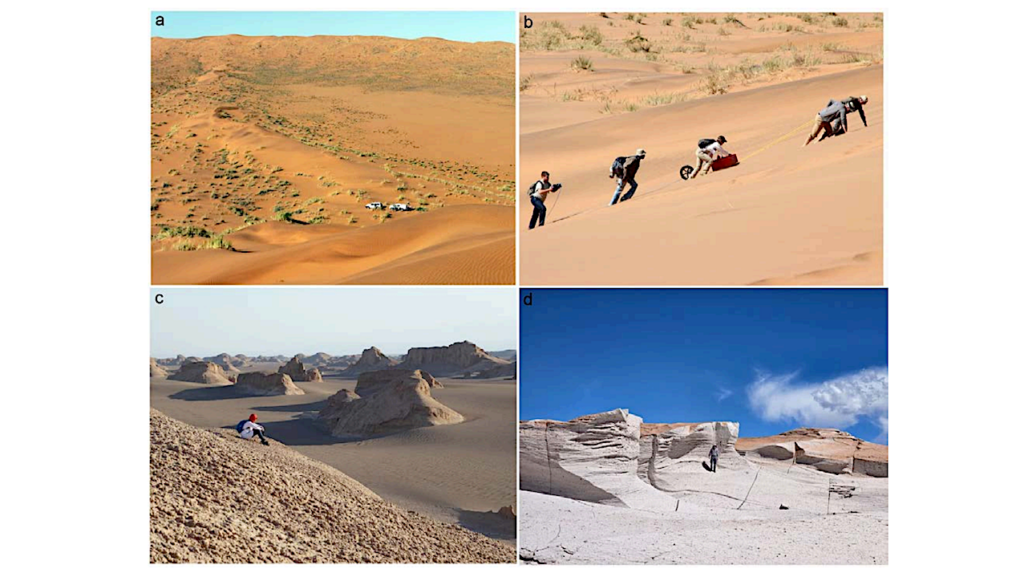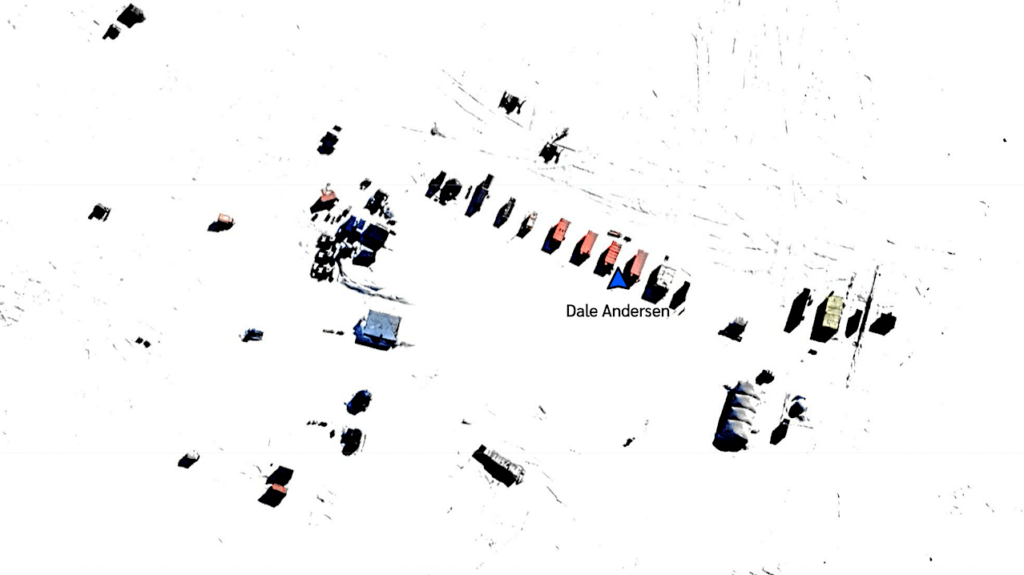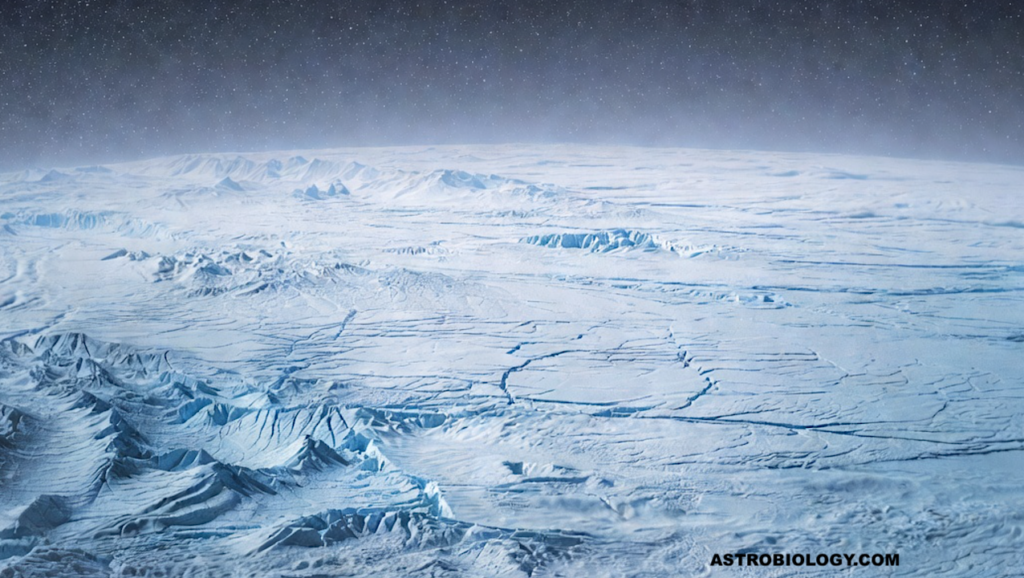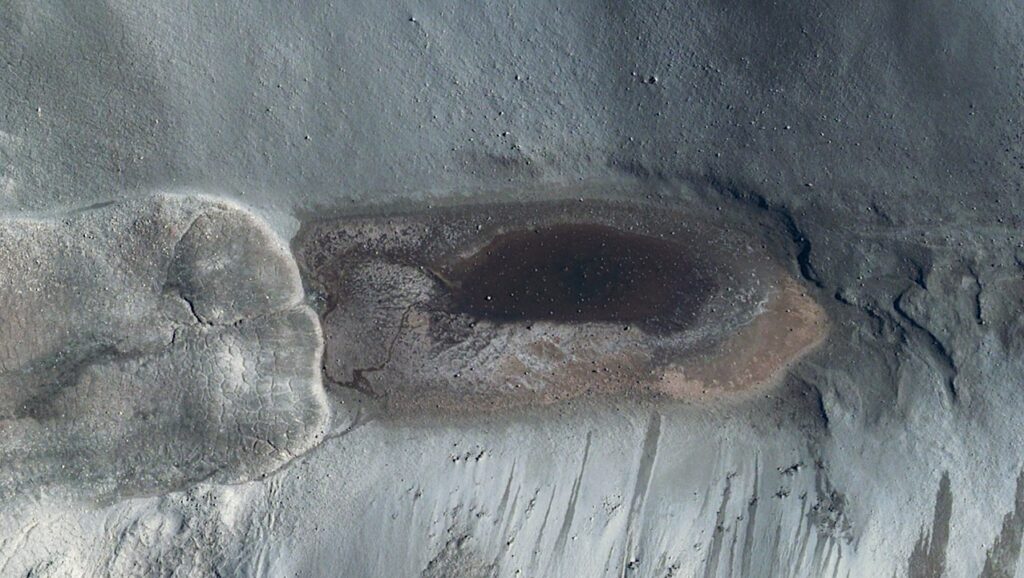Away Team Update: Exploring Volcanic Caves To Advancing The Search For Life On Mars

Through the intricate study of lava tubes — caves formed following volcanic eruptions when lava cools down — an international team of researchers has uncovered clues about Earth’s ancient environments that could be significant in the search for life on Mars.
Bogdan P. Onac, professor in the USF School of Geosciences, collaborated with researchers from Portugal, Spain and Italy to shed light on how lava tubes may serve as valuable analogs for Martian caves and the search for extraterrestrial life.
On the Spanish island of Lanzarote, just west of North Africa, the team explored six lava tubes to gather mineral deposits. Some of the tubes are so large, they are used to host underground concerts.

Massive accumulations of gypsum and other sulfates in the La Corona lava tube system in Lanzarote, Spain. CREDIT Bogdan Onac
“While the lava tubes on Lanzarote were discovered several years ago, we are the first to complete such a detailed study of minerals and microorganisms,” Onac said.
In the study, published in Communications Earth & Environment, Onac and the team used a range of advanced molecular, isotopic and mineralogical techniques to examine the deposits and create a comprehensive understanding of the minerals they held. They learned the volcanic rock in the lava tubes created a protective environment that helped shield the minerals and organic compounds from weathering, ultimately preserving the minerals as records of past ecosystems.
The team found preserved biosignatures, including calcium and sodium sulfates. This discovery indicates microbial activity and microorganisms, such as bacteria, were once active in the caves.

Close up view of gypsum crusts in a lava tube in Lanzarote, Spain. CREDIT Bogdan Onac
“This study adds to our understanding of geological and environmental changes on Earth and highlights lava tubes as potential refuges for microbial life, holding significant implications for astrobiology, particularly in identifying biosignatures on Mars and other celestial bodies,” Onac said.
Given that Martian lava tubes are similarly shielded and likely contain sulfate-rich minerals, they may also hold signs of past microbial life, giving us clues about potential life beyond Earth. The findings may significantly impact the way scientists approach planetary exploration, particularly for upcoming missions aimed at studying the habitability of Mars.
The team will publish several additional studies on these lava tubes in the coming months and they are also planning to examine newly formed lava tubes in Iceland.

A Geological map of Lanzarote with the different geological series (adapted from Palma et al.45); B Sampling site PE01 from Cueva Paso Esqueleto (PE); C Sampling site PE04 from PE; D Sampling site MR01 from Cueva de Montaña Rajada (MR); E Sampling site LE01 from Cueva de Maguez (LE); F Sampling site LE05 from LE; G Sampling site LB01 from Cueva Las Breñas (LB); H Sampling site LB02 from LB; I Sampling site CN03 from Cueva de los Naturalistas (CN); J Sampling site MCPF01 from Cueva Monte Corona Puerta Falsa (MCPF); K Sampling site MCPF03 from MCPF, and L Sampling site MCPF05 from MCPF.

Corresponding author Ana Z. Miller collects samples for microbiological investigations. Patches of colonies can be seen all over the lava tube. CREDIT Bogdan Onac
Decoding organic compounds in lava tube sulfates to understand potential biomarkers in the Martian subsurface, Nature Communications (open access)
Astrobiology


